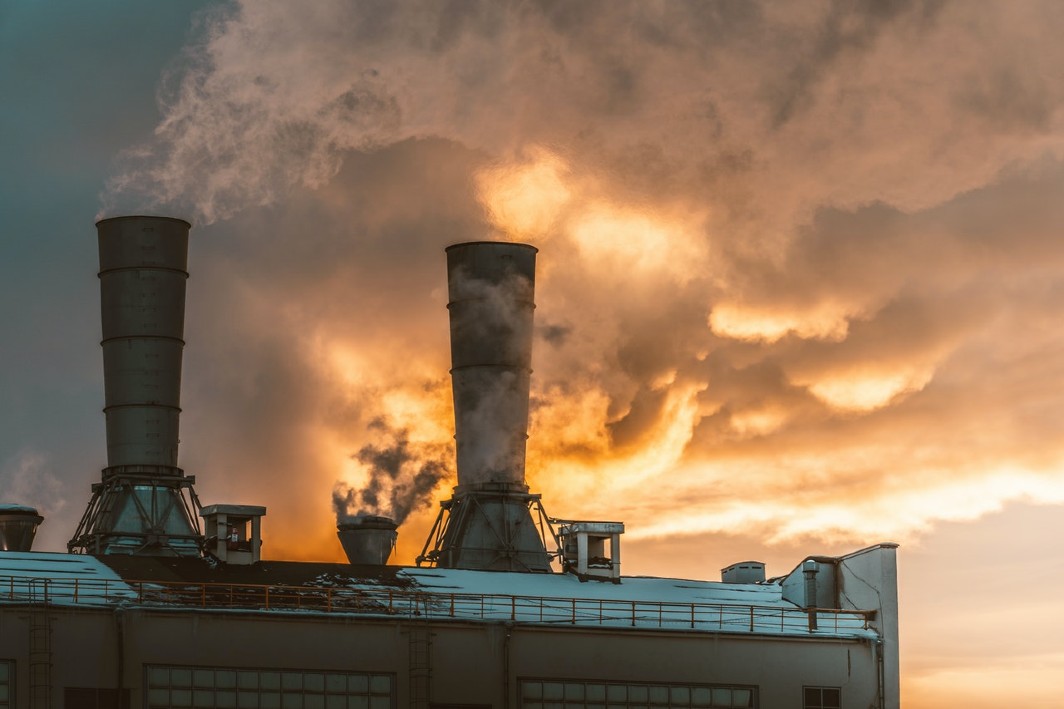Gas goes green to meet net zero target
A new levy on gas suppliers across the UK to fund green gas production plants has been proposed by the government as it seeks to reach its net zero goal by 2050.
Green gas – or biomethane – is produced from environmentally-friendly organic waste products. Using more of this gas from renewable sources to power boilers in homes, or in industrial processes in factories, will help to lower carbon emissions significantly.
The Green Gas Levy, which was first announced in the 2020 Budget in March, would fund the construction of more biomethane plants leading to more biomethane being injected into the grid. This could prevent as much as 21.6 million tonnes of CO2 entering the atmosphere.
The levy will also play a key role in supporting the government’s UK-wide green economic recovery by funding the Green Gas Support Scheme, which will help bring investment into rural areas of Great Britain and support jobs in this sector.
Energy Minister Kwasi Kwarteng said: “Reaching net zero means reducing emissions across our entire energy system, including the way we heat our homes and businesses. This new funding will support an ambitious scheme to decarbonise the gas grid that will prevent millions of tonnes of carbon dioxide from entering the atmosphere – another step towards reaching net zero by 2050 at minimal cost to UK bill payers.”
The government is now seeking views on how the final initiative will be designed and implemented, with the consultation being welcomed by the gas industry.
Charlotte Morton, Chief Executive of the Anaerobic Digestion and Bioresources Association (ADBA) said: “Fully deployed, the biomethane industry could deliver a 6% reduction in the UK’s greenhouse gas emissions by 2030. We welcome this consultation and the commitment shown by BEIS to integrate biomethane into the government’s net zero strategy. With the right policy support, there is much more this industry could contribute to the green economy and to achieving the UK’s 5th Carbon Budget, over the next decade, but this represents a significant step in the right direction.”













